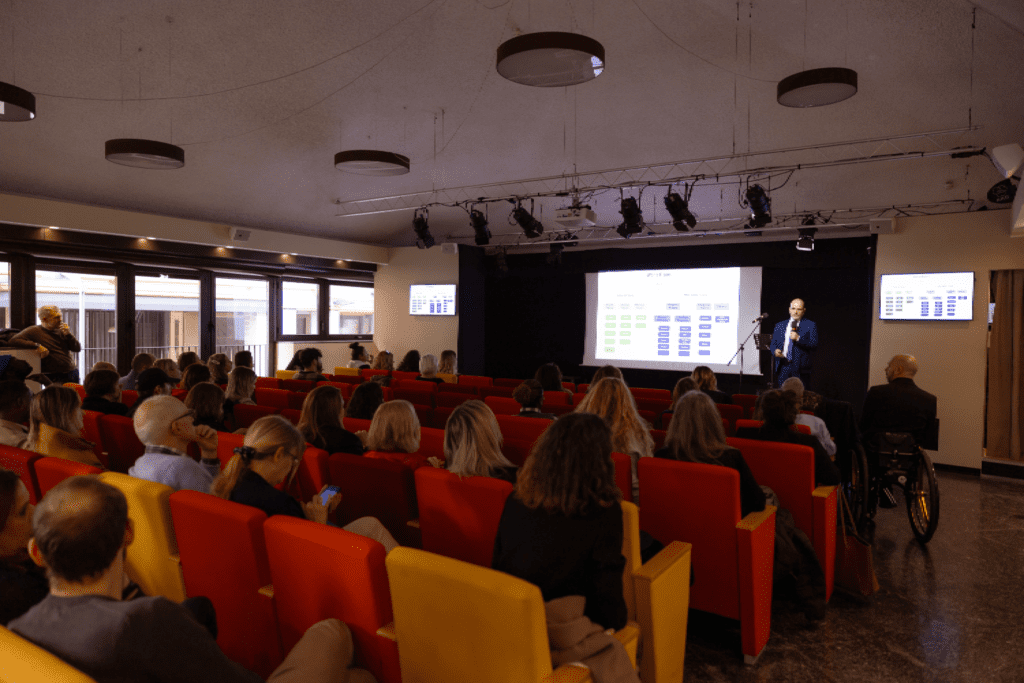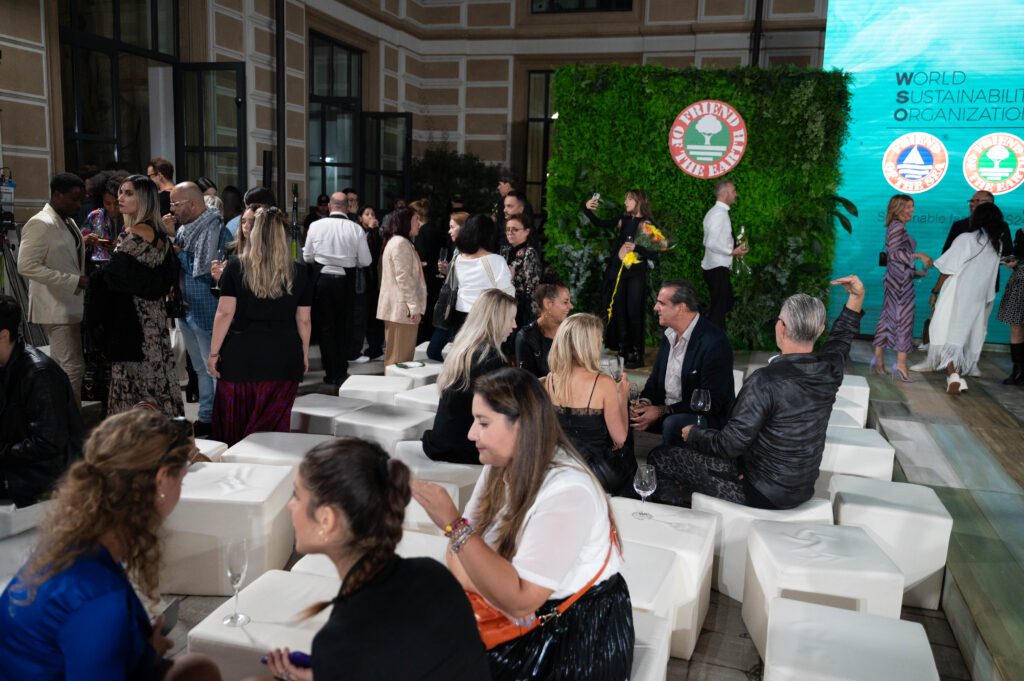Sustainable Events
Sustainable Events
The Impact of Music, Sport, and Conference Events on the Environment and Society
Events like music festivals, sports competitions and conferences possess significant potential to influence both the environment and societal well-being. They attract large crowds, consume resources, and generate waste, presenting both challenges and opportunities for Sustainable practices.
Friend of the Earth Standard for Sustainable Events is designed to clearly inform consumers and customers about their role in reducing environmental impact. It empowers consumers to make environmentally and socially responsible purchasing choices.
Environmental Impact:
Resource Consumption: Events demand vast resources, including water, energy, and materials for infrastructure and amenities.
Waste Generation: High attendance often results in substantial waste production, from single-use plastics to food packaging.
Carbon Emissions: Transportation, energy usage, and waste disposal contribute to greenhouse gas emissions, exacerbating climate change.
Social Impact:
Community Engagement: Events bring people together, fostering a sense of community and cultural exchange.
Economic Opportunities: They stimulate local economies through tourism, job creation, and revenue generation for businesses.
Cultural Enrichment: Music festivals and conferences offer platforms for artistic expression, knowledge sharing, and dialogue on societal issues.
Sustainable Events Standard:
The Friend of the Earth Sustainable events and built environment principles include:
Green Infrastructure: Implementing renewable energy sources like solar panels and wind turbines reduces reliance on fossil fuels.
Waste Reduction: Encouraging recycling, composting, and the use of biodegradable materials minimizes waste sent to landfills.
Carbon Offsetting: Offset carbon emissions through investments in reforestation projects or renewable energy initiatives.
-Transportation Options: Promote public transit, carpooling, and cycling to reduce carbon emissions from attendee travel.
*Local Sourcing: Prioritise local and Sustainably sourced food and beverage options to support regional economies and reduce food miles.
Innovative Approaches:
-Virtual Events: Use technology to host virtual conferences and concerts, reducing the carbon footprint associated with travel.
-Circular Economy Practices: Embrace circular economy principles by reusing materials, refurbishing infrastructure, and repurposing event waste.
– Education and Awareness: Raise awareness about environmental and social issues through educational programs, interactive exhibits, and workshops.
Music, sports, and conference events wield significant influence on the environment and society, offering opportunities for positive change. By adopting Sustainable practices, organizers can minimize their environmental footprint while maximizing social impact. Through collaboration and innovation, events can serve as catalysts for a more sustainable and inclusive future.

Choose Friend of the Earth Certified Sustainable Events:
Friend of the Earth certified products and services also support conservation and awareness programmes worldwide, ensuring Sustainable practices and contributing to environmental protection.
Apply for Friend of the Earth Certification of Sustainable Events:
Your company can request a quotation for audit and royalties to use the Friend of the Earth registered trademark logo by filling out the online Preliminary Information Form.

- All the information will be kept strictly confidential and implies NO commitment on your company’s part.
- The Friend of the Earth certification is voluntary and NOT mandatory to gain access to markets.
- The application process is NOT discriminatory on size, scale, management and minimum number of operators.
- Please, contact us for more information on Government funding which might be available in your Country for sustainability certifications: info@friendoftheearth.org

As a first step you need to download, compile and return to info@friendoftheearth.org the preliminary information Questionnaire (PIF):
- The PIF does not oblige the applying company to commit to proceeding with the audit phase.
- Any checks before the audit are free of charge.
- All information will be kept strictly confidential.




